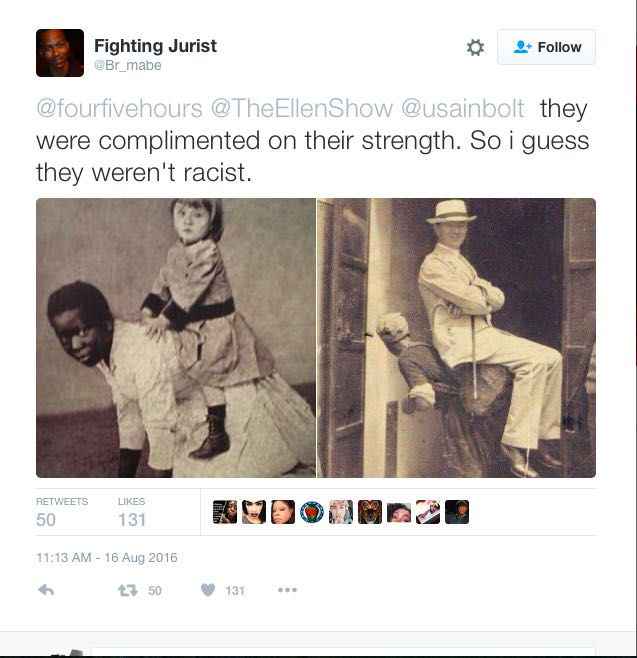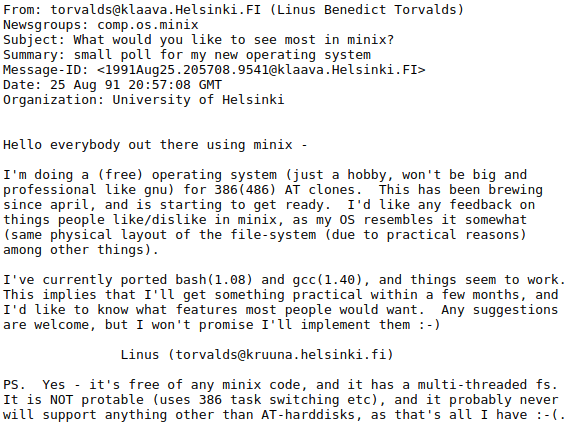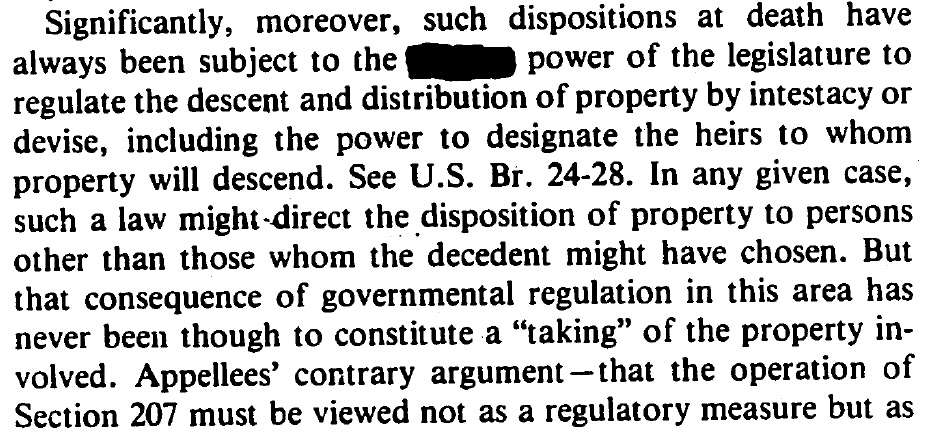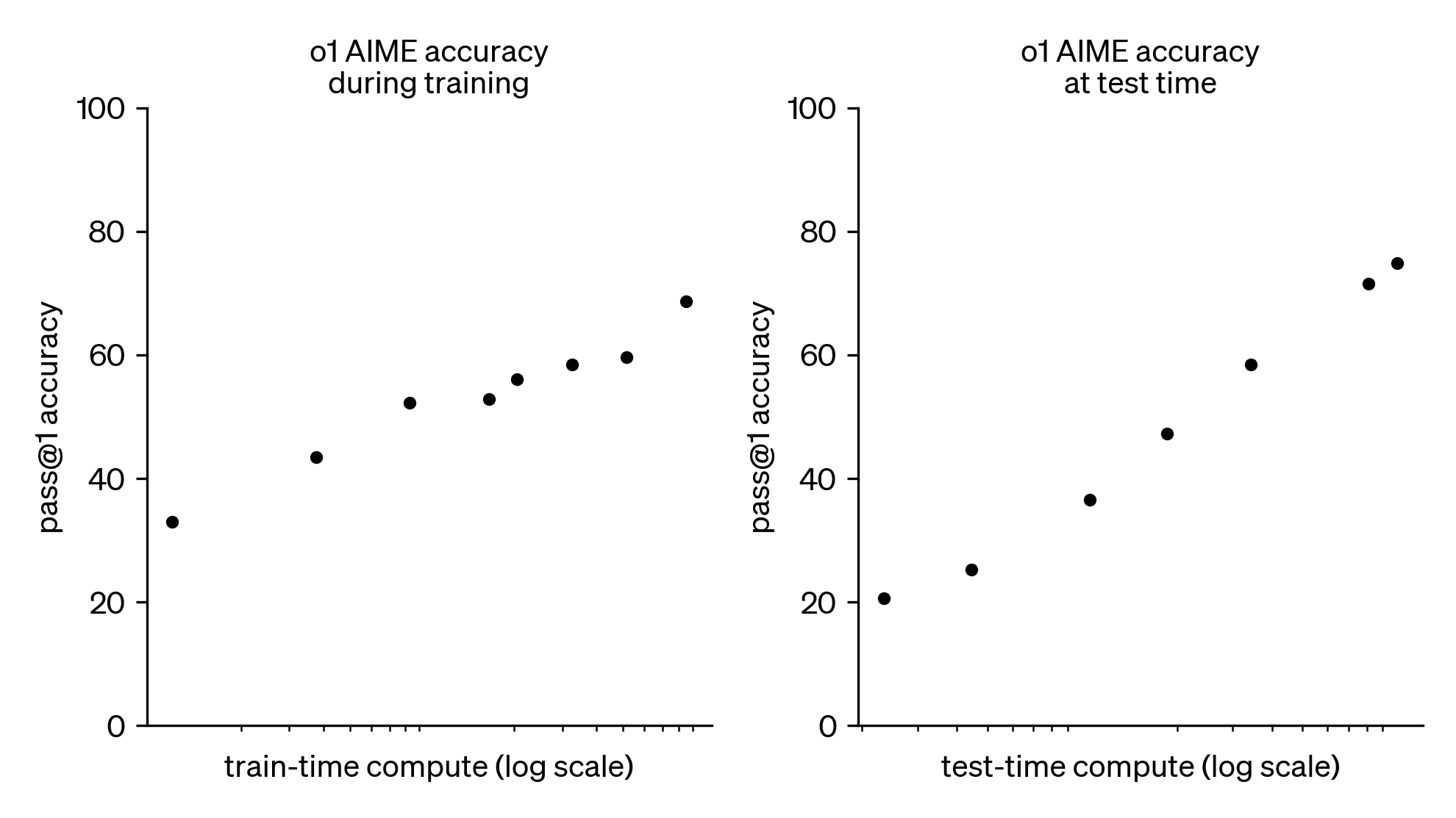
An academic Great Gatsby Curve – How much academic success is inherited?
To what extent does academic success follow success? Drawing on a dataset of mentor-mentee relations and their citations, Ye Sun, Fabio Caccioli, Xiancheng Li and Giacomo Livan suggest the dynamics of citation and wealth inequality are surprisingly similar.
Rankings are ubiquitous: every week, lists of best-selling records, movies, and books are released, and in sports like tennis, athletes are ranked based on their performance in major tournaments. While we know there is more to a song, book, or movie than its sales figures, we are drawn to rankings because they simplify complexity. They reduce a multidimensional concept like success into simple ordered lists.
In academia, citation-based metrics have come to serve a similar function. With platforms like Clarivate and Google Scholar, measuring an author’s performance through citations has become a common practice, whether we like it or not. In some countries, these bibliometric indicators have even started to dictate career progression, making citations an informal currency of success.
In this context, it is useful to consider what determines academic success. Natural abilities certainly matter. Personal attributes such as intelligence, diligence, and a strong work ethic are crucial. But does nurture play a role as well? Research suggests it does. Recent studies have shown that early-career collaborations with highly-cited scientists increase the likelihood of becoming a highly-cited author, even two decades later. These studies have also documented the “chaperone effect,” where publishing in high-impact journals is facilitated by co-authors who have already established themselves in those venues.
























